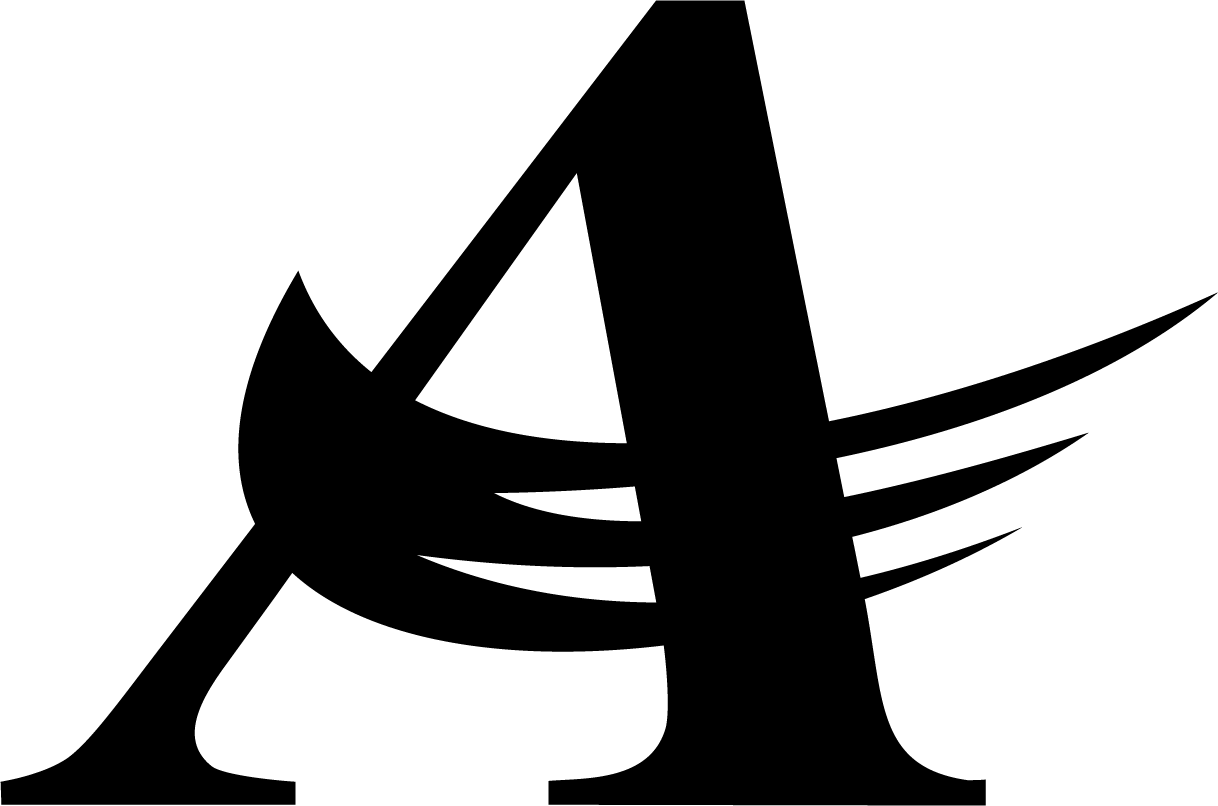
MoneyDo: Consider if you need life insurance. If so, how much?
What would happen to your family if you were to die suddenly?
Are they dependent on your income from work?
Will there be enough funding for other expenses?
Part of planning involves hard questions that often carry heavy emotional weight. But answering them honestly is the sort of thoughtful, deliberate planning that may give you and your family peace of mind.
The center piece of a financial plan is income from work. Your income funds financial goals such as saving for college, retirement, new automobiles and family vacations. It also funds expenses such as mortgage payments, groceries, braces, medical expenses, utility payments, loan payments and the list goes on and on and on…. Essentially, your income funds your goals, expenses and takes care of your family. Without it your family will likely face financial stress at some point in the future.
This leads us to the primary purpose for life insurance. Most financial plans assume you will continue to earn income from today until retirement. If others are dependent on your income, in the event of your death your income should be replaced with proceeds from a life insurance policy.
As an example, let’s assume you are 55, plan to retire at 65 and are married with 2 kids in college. Currently your income is sufficient to fund all your goals and monthly expenses. Your financial plan assumes at retirement you will be financially independent and no one will be dependent on your income. Therefore, if you were to die tomorrow it is your responsibility to replace your income for the next 10 years with life insurance.
How much? The quick answer is 10 to 12 times your income will adequately protect those dependent on your income. For a more detailed estimate meet with a financial planner who can give you a detailed estimate of your life insurance need.
There are other needs for life insurance as well:
- Do you own a business? If you were to die is there an agreement, such as a buy/sell agreement, to help provide liquidity to your business partners and your estate? Life insurance can be used to help another party in the business purchase your interest from your estate, making the distribution of your business assets to your heirs easier.
- Do you have a large estate? There are some estate planning techniques that can be implemented with life insurance to help manage the estate tax. If structured properly, life insurance can pass estate tax free to your heirs, and can be used to pay final expenses
There are many different types of life insurance, but the most common types of life insurance are term, whole, universal or variable life insurance. A brief description of each:
- Term Life Insurance: The coverage will last for a given time period, for instance 30 years. With term insurance you pay yearly premiums for coverage, when the term ends the policy ends. There is no accumulated cash value (a savings component of a life insurance policy). Since there is a finite term and no additional savings the premiums tend to be less expensive.
- Universal Life Insurance: Like term life insurance with several other additional features or options, including a cash value accumulation feature. Premiums can vary if the cash value can continue to pay for the policy.
- Whole Life Insurance: Provides guarantees from the insurer not found in term or universal life insurance. If the premiums are paid the policy will remain in force during the life of the insured regardless of cash value. Because of these guarantees, premiums tend to be more expensive.
- Variable Life Insurance: Much like a universal life insurance policy with one major exception-variable insurance policies permit the owner to direct the investment of the policy’s cash value. Therefore, these policies contain investment risk.






